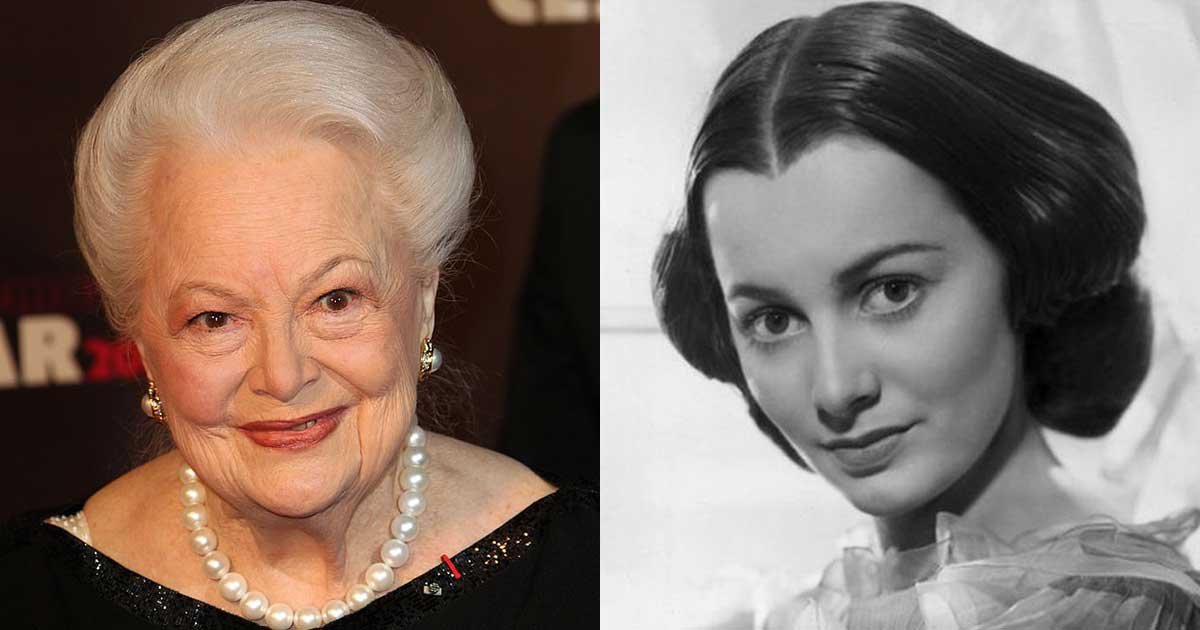Dame Olivia de Havilland, one of the last survivors of Hollywood’s Golden Age, has died at 104.
Her publicist, Lisa Goldberg, announced that de Havilland passed away “peacefully in her sleep” in her home in Paris where she had lived for more than 60 years.
The two-time Oscar winner is most famous for her role as the stoical Melanie Hamilton Wilkes in the iconic classic Gone with the Wind.
Born in Tokyo and raised in California, de Havilland rose to prominence in the 1930s beside Errol Flynn in swashbuckling adventure films like Captain Blood and The Adventures of Robin Hood.
However, de Havilland grew tired of being type casted and started to decline specific roles that she believes would not let her grow as an actress.
“I have always had more luck with good-girl roles, because they require more from an actress,” she said.
Unlike any other damsel in distress waiting to be saved by a knight in shining armor, de Havilland waged a legal battle against Warner Bros. when the studio tried to penalize her for refusing roles.
Eventually, she won the case and saved herself in a landmark ruling that is still known today as the “de Havilland law.”
“I was told I would never work again, if I won or if I lost,” she recalled, “when I won they were impressed, and didn’t bear a grudge.”
While she already made a name for herself for her role in Gone with the Wind, it was not until after the lawsuit that she played lead in a series of powerful performance-based dramas.
De Havilland earned her first Academy Award for the movie To Each His Own in 1946, and the second in the movie The Heiress three years later.
Overtime, she insisted that acting had largely lost its allure.
“Life is too full of events of great importance,” she said.
“That is more absorbing and enriching than a fantasy life. I don’t need a fantasy life as once I did. That is the life of the imagination and I had a great need for it. Films were the perfect means of satisfying that need.”


